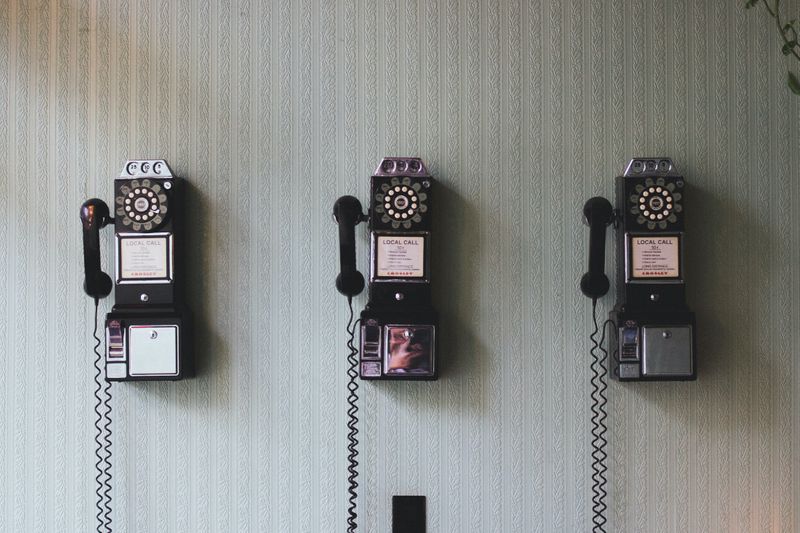Have you ever experienced culture shock when moving to a new country or discovering a new culture?

Working with people from different cultures is a very exciting experience as you have the opportunity to learn about diverse perspectives and broaden your cultural awareness.
It's essential to keep in mind a few things:
communication styles
respect for traditions
sensitivity to taboos
team dynamics
Be adaptable and open-minded, as ignorance could potentially lead to uncomfortable situations between you and your colleagues.
Communication Styles
When communicating with people from different cultures, it's important to understand that they may have different values, beliefs, norms, and behaviors, which are reflected in how they communicate.
 Photo by Pavan Trikutam on Unsplash
Photo by Pavan Trikutam on UnsplashEffective communication is essential for understanding cultural differences, as what is considered rude in one culture may be interpreted as a form of respect in another.
For example, while some Americans value direct eye contact, it's considered a rude gesture in some Asian cultures.
Respect for Traditions
To prevent awkward situations, it's essential to respect and understand traditions, rituals, and customs. This fosters an inclusive and harmonious work environment.
 Photo by Rumman Amin on Unsplash
Photo by Rumman Amin on UnsplashI encountered a situation at work where a manager instructed me not to include specific colleagues in training due to it being a sacred period for them, namely Ramadan.
Initially, I was unfamiliar with Islam, and I didn't comprehend why a month-long celebration would affect training.
However, after some research on Google, I learned that many Muslims fast strictly from dawn to dusk during Ramadan, abstaining from both food and drink, including water. Some Muslims may also go to the mosque and pray for a few hours.
Sensitivity to Taboos
In every culture, there are taboos. When working with people from different cultures, it is essential to be open-minded and acknowledge that each culture has its own perceptions. What you may find acceptable to discuss or do might be considered insulting in another culture.

In my country (and in many other cultures), it's considered rude to address an elderly person as "you", or to people who hold a certain authority, such as teachers or bosses.
Upon arriving in the UK, I experienced culture shock when I noticed that everyone addresses everyone with “you”. It took me a good few months to adjust to this communication style.
Team Dynamics
The cohesion of a work team can be influenced by the way hierarchy and authority are perceived. In hierarchical cultures, the emphasis is on respecting superiors and following instructions without asking questions.
In contrast, egalitarian cultures promote an open work environment where employees can challenge ideas and instructions, enjoying equal rights.
 Photo by Vlad Hilitanu on Unsplash
Photo by Vlad Hilitanu on UnsplashI observed these details, particularly when I was teaching English at a university. Most students from Asian cultures tended to be quieter, addressing the tutors as Mr./Madam and waiting for clear instructions before starting a task.
On the other hand, students from Europe were more talkative and tended to ask a lot of questions.
How to Be More Culturally Sensitive?

Research: Read books, blogs, articles, and watch documentaries about different places and societies.

Listen and observe: Pay attention to how colleagues from different cultures speak and behave.

Be open-minded: Every culture has its stereotypes when viewed from the outside. It's important not to judge, to show respect, and to get to know people without relying on stereotypes.

Ask questions: When you're unsure how to behave or act in a certain situation, asking questions respectfully is key. Curiosity is more highly valued than ignorance.

Think about your cultural habits: Take a moment to reflect on your own culture. You'll likely recognize that your behavior is influenced by it, and your perceptions have much in common with your culture. By understanding this, you can appreciate that different cultures have distinct viewpoints and perceptions.
Quiz
You're in Chile for a business meeting. When the meeting is over, everyone is invited to have pizza. You see that your colleagues from Chile start using knives and forks, but you usually eat pizza with your hand. What do you do?
Take Action

Your feedback matters to us.
This Byte helped me better understand the topic.
